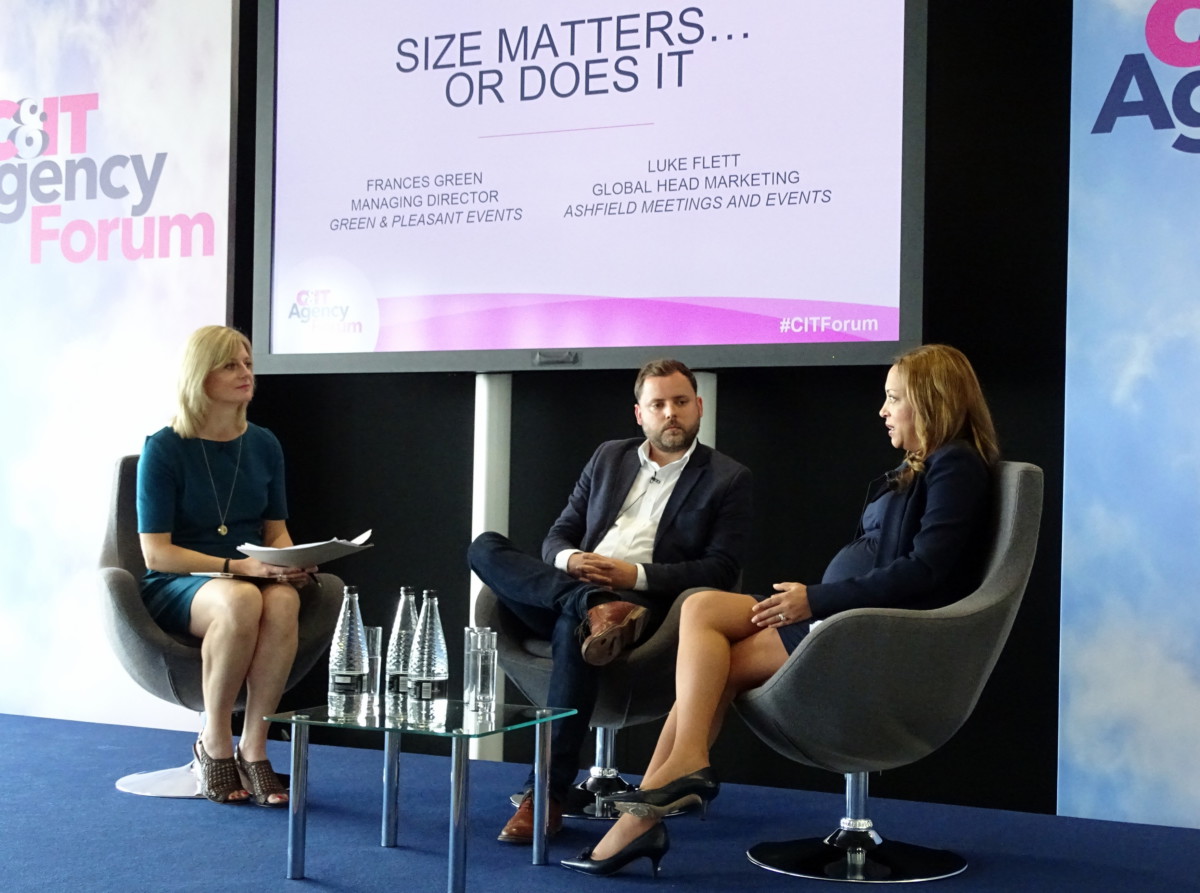I met Natallia Zaremba when she worked for one of the luxury independent hotels in Switzerland, and we immediately found a common language. She is a multilingual, well-travelled and experienced tourism and hospitality professional who knows very well the intricacies of both the leisure and MICE markets. After a successful career in chain and independent hotels in Europe, she decided to launch her own business, Zaremba Consulting GmbH, now based out of Zurich, working with decision-makers and business leaders to help them grow their business and improve the bottom line. Her well-rounded and international experience makes her the right person to discuss challenging business topics, such as the one we’ll base our event on in London on 31 October entitled: ‘Is the DMC dead?’. We wanted to have Natallia join us in London, but unfortunately, she can’t make it on this occasion, so I scheduled a call with her instead on Instagram, where we even went ‘live’ for the interview.
Getting strait to the point, I asked her: Is the DMC dead? To which she responded with a straightforward ‘no’ because we will always need local expertise, and it doesn’t matter how we are going to refer to them: a DMC, local agents or hotels as well as connoisseurs of the destination. However, the examples she provided later in the interview were particularly enlightening, so if you are also interested in how to innovate your current business and offer more value to your clients, regardless of whether you are a DMC, event agency or hotel, keep reading.
We are now in a transition period
There is currently a transition in the market, with more players, particularly in the digital space. Increasingly, large event agencies have taken over the role of a DMC (e.g. in Switzerland), by creating a separate division. Additionally, there are new forms of exposure, including Instagram, blogs and social media influencers, and these actors are also interested to gain their share of the market and become involved by sharing knowledge about a destination online.
On the other hand, there is the market, which now requires new forms of creativity and innovation, with Natallia noting that ‘Without this drive for creativity and innovation, we can switch to a video conference.’
Sector expertise, such as healthcare with its compliance regulations, is extremely important, such that an agency with a DMC division, or a local DMC knowledgeable within a specific sector, can be of invaluable help. Here, they can simplify the organisation with only a few players, respectively suppliers and offer more services at decreased costs, offering a ‘1-stop shop’ for the end customer, with less invoices to pay and significantly simplified and transparent coordination of a more complex event or meeting and less suppliers to handle.
Modern solutions
I was extremely surprised when Natallia told me about a corporate client who booked their event via a blog covering the destination Turin in Italy. Bloggers and social media influencers are the new players at the destination and offer same knowledge and advice as that of a DMC with respect to sharing local expertise and ‘hidden gems.’
In this example, a city blog about Turin called ‘Le strade di Torino’ (The streets of Turin), writes about the hidden gems of Turin, and was founded less than two years ago. The authors of this blog were contacted by the coffee brand Lavazza to support them with a corporate event activity. Working with an influential blog can also provide exposure to the brand itself, something that a DMC doesn’t offer.
New opportunities for DMCs
This is an example of how DMCs can and should work with small and emerging online platforms. DMCs need to catch-up and adapt the knowledge and skills gap that local bloggers have and accept the fact that they are now on a level playing field with them. DMCs should be humble enough to step down to bloggers, and ignore their tedious and formal processes when it comes to selling a destination. DMCs need to be more visual, because let’s admit it, the real product of a DMC is sometimes misrepresented and not beautifully presented to the end client. Digital communication in destination sales is imperative and is the future.




No Comments